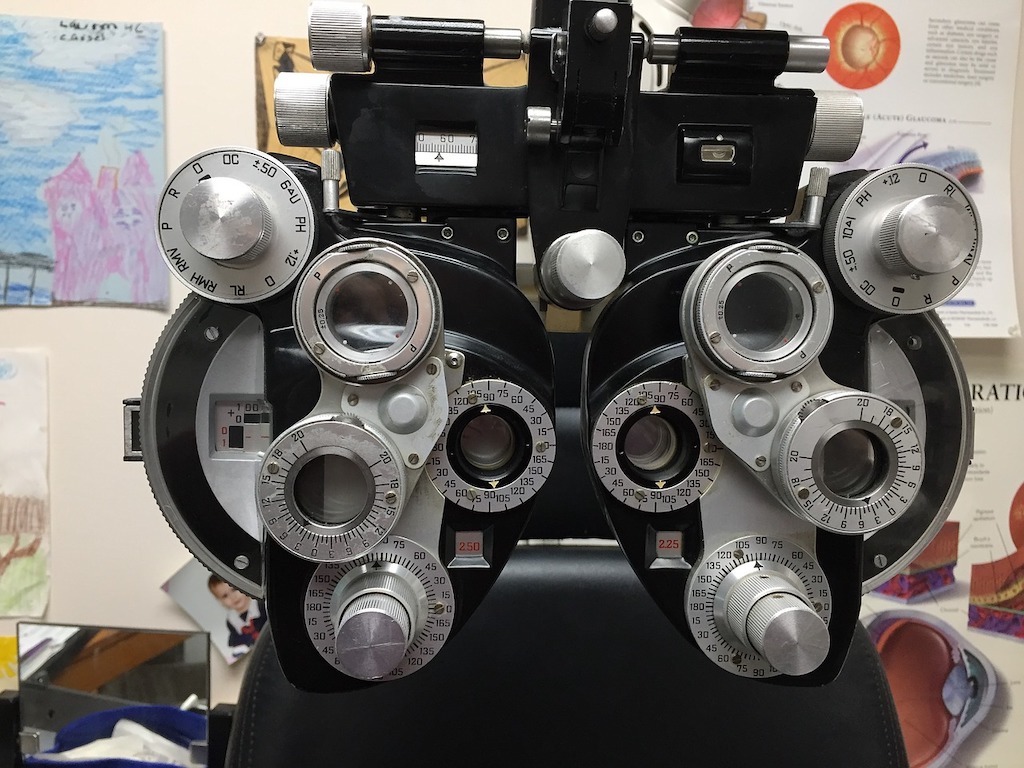 There are a few different types of insurance plans that may come into play at your next ophthalmologist visit — medical, vision, and Medicare / Medicaid. But the two that often cause the most confusion is vision vs. medical insurance.
There are a few different types of insurance plans that may come into play at your next ophthalmologist visit — medical, vision, and Medicare / Medicaid. But the two that often cause the most confusion is vision vs. medical insurance.
What’s the difference between the two? Essentially, medical insurance is for the health of your eyes, vision insurance is for your glasses and contact lenses.
Read on to better understand what may be covered under vision vs. medical insurance.
Vision Insurance
Your annual eye exam, which typically includes a wellness screening of your eyes, is generally covered by your vision insurance. During that exam, you’ll be asked about your medical history and any vision problems you might be experiencing.
The next part of your eye exam is a “refraction,” which tests your visual acuity. This is where the ophthalmologist or medical assistant flips through from one lens to the next asking, “Better 1 or Better 2?”
Refractions are not covered by Medicare or Medicaid, per the Centers for Medicare & Medicaid Services. As a result, Medicare or Medicaid patients typically have to cover that refraction services out-of-pocket.
If you need corrective glasses or contact lenses, the ophthalmologist or medical assistant can help you find one that will suit your needs, lifestyle and budget.
Medical Insurance
Dilated eye exams generally happen after your vision test is complete. (Otherwise, you wouldn’t be able to see all of those tiny letters.) However, it’s important to know that dilated eye exams test the health of your eye, not your vision. As a result, this type of exam may be covered under your medical insurance, but it’s not a guarantee. Make sure to call your health insurance provider to ask before coming in for a visit.
Before dilating your eyes, your ophthalmologist may apply a numbing drop to measure your eye pressure. After that, your doctor might ask to dilate your eyes, in order to temporarily increase the size of your pupil. This allows the doctor to fully examine the health of the optic nerve and retina, helping to detect and prevent eye diseases and conditions that can impact your vision. You may also need a dilated eye exam outside of your annual one, depending on your age and health risks.
Afterward, your eyes will be light sensitive and your vision will be blurry. Consider arranging a ride home before hand and bringing sunglasses to help ease the transition back to everyday activity. If you don’t have a pair of sunglasses, don’t worry. Most offices keep extra pairs of those amazing, 80s-inspired black lenses you can slip over your glasses.
Advanced Procedures
Advanced procedures, such as cataract surgery or blepharoplasty (eye lid surgery), are often covered under medical insurance, so long as they’re deemed a medical necessity.
It’s always helpful to check with both your vision and medical insurance provider before coming in for a visit or procedure, to better understand what’s covered under vision vs. medical insurance. Additionally, make sure to provide your ophthalmologist with a copy of all your insurance cards (vision, medical, Medicare / Medicaid), so that your visit can be billed properly.


